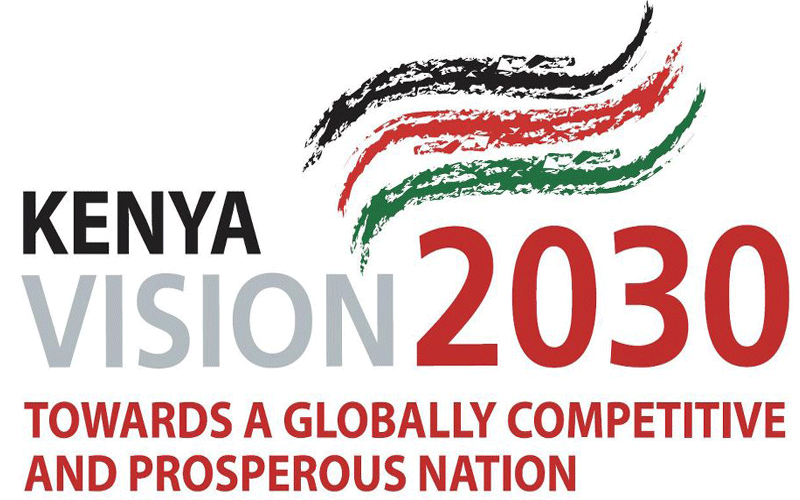Implement cash move but protect investors

The government plans to implement a raft of measures to increase cash threshold for foreign investors, as part of measures to seal loopholes that are exploited to compete with small traders locally.
While these measures are meant to cushion local investors on one hand and also make it difficult for bad elements to commit crimes, including money laundering, a lot of care must go into this.
With amendments to Kenya’s investment promotion law now seeking to increase the minimum investment threshold for foreigners, this will not go unnoticed by investors.
Kenya Investment Promotion Act requires foreigners to pump a minimum of Sh10.92 million to obtain an investment certificate.
This makes them eligible for incentives, which include investment deductions and tax rebates according to the type of business.
Recently, suggestions to Kenya Investment Authority (KenIvest) have included proposals that the minimum capital for foreigners be tripled to Sh32.76 million for capital-intensive sectors such as construction, energy, manufacturing, oil and gas.
On the other hand, that it be lowered for sectors ventures may not require as much capital.
It may not look for some sectors which are capital intensive, and while these measures are being made in good faith so as to ring-fence local investors and small traders, this could be very counter-productive in the long-term analysis of Kenya’s Ease of Doing Business.
Ease of Doing Business in Kenya was expected to reach 58.00 by the end of 2020, and trend around 60.00 in 2021 and 80.00 in 2022, according to Trading Economics global macro models and analysts’ expectations.
It is, therefore, advisable for stakeholders to be as open minded as possible and ensure that Kenya doesn’t back-pedal in its quest to attract more foreign direct investors by shooting itself on the foot.
At such a time, when unemployment rates are skyrocketing, it would be foolhardy to lock out genuine investors on account of cash ratios.
Remember, one of the key changes introduced by the 2020 ICT Policy was a requirement that licensed companies in the ICT sector to have at least 30 per cent substantive Kenyan ownership, which in itself is a restrictive call.
It is important to note that restrictions on foreign ownership are among the most obvious barriers to inward flow of FDI.
There are many other ways to ensure foreign investors do not outbox local traders while still holding the door open.
Kenya should seek such measures to avoid losing out from genuine investors who may help the economy blossom post-Covid-19.















